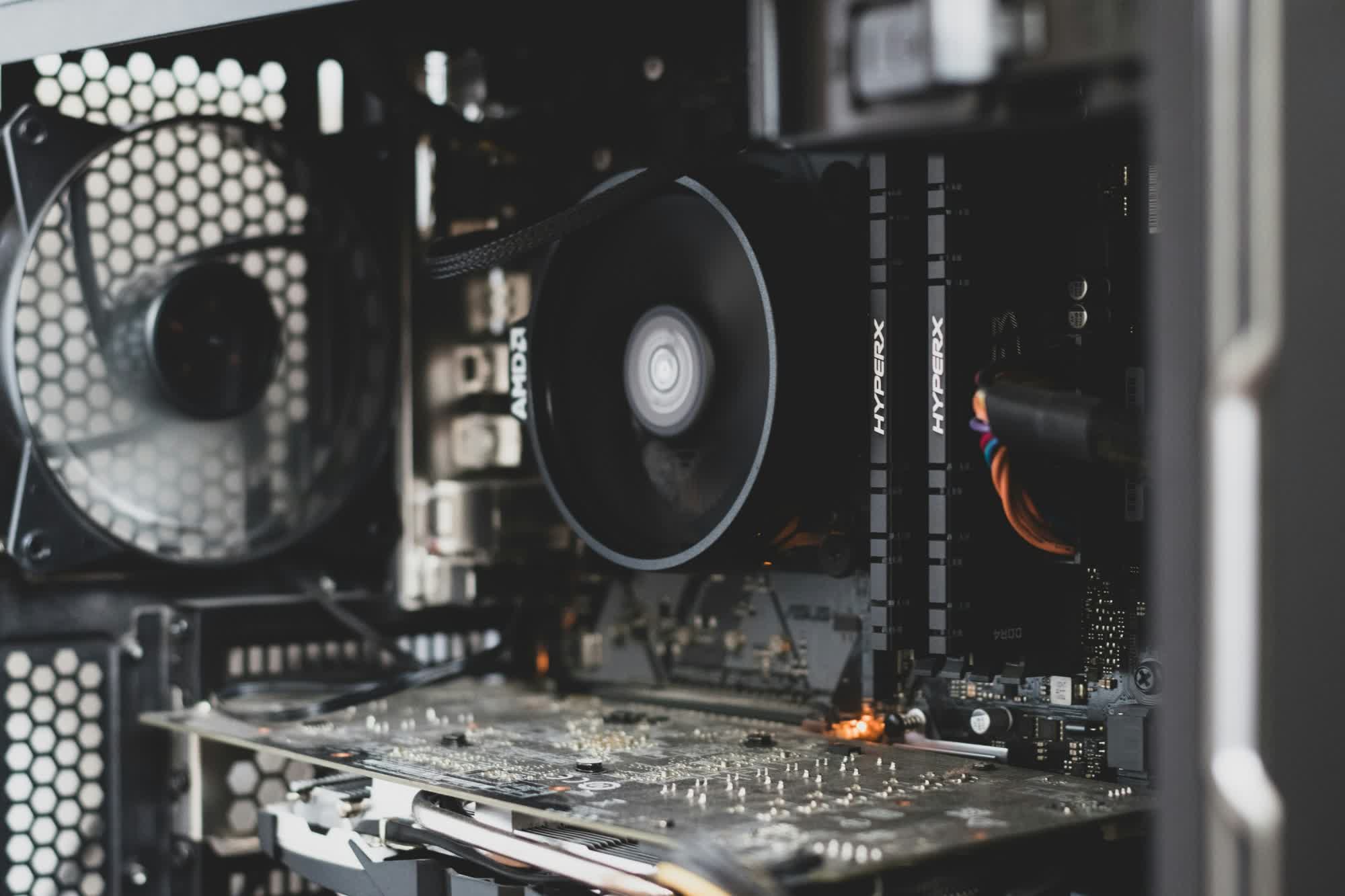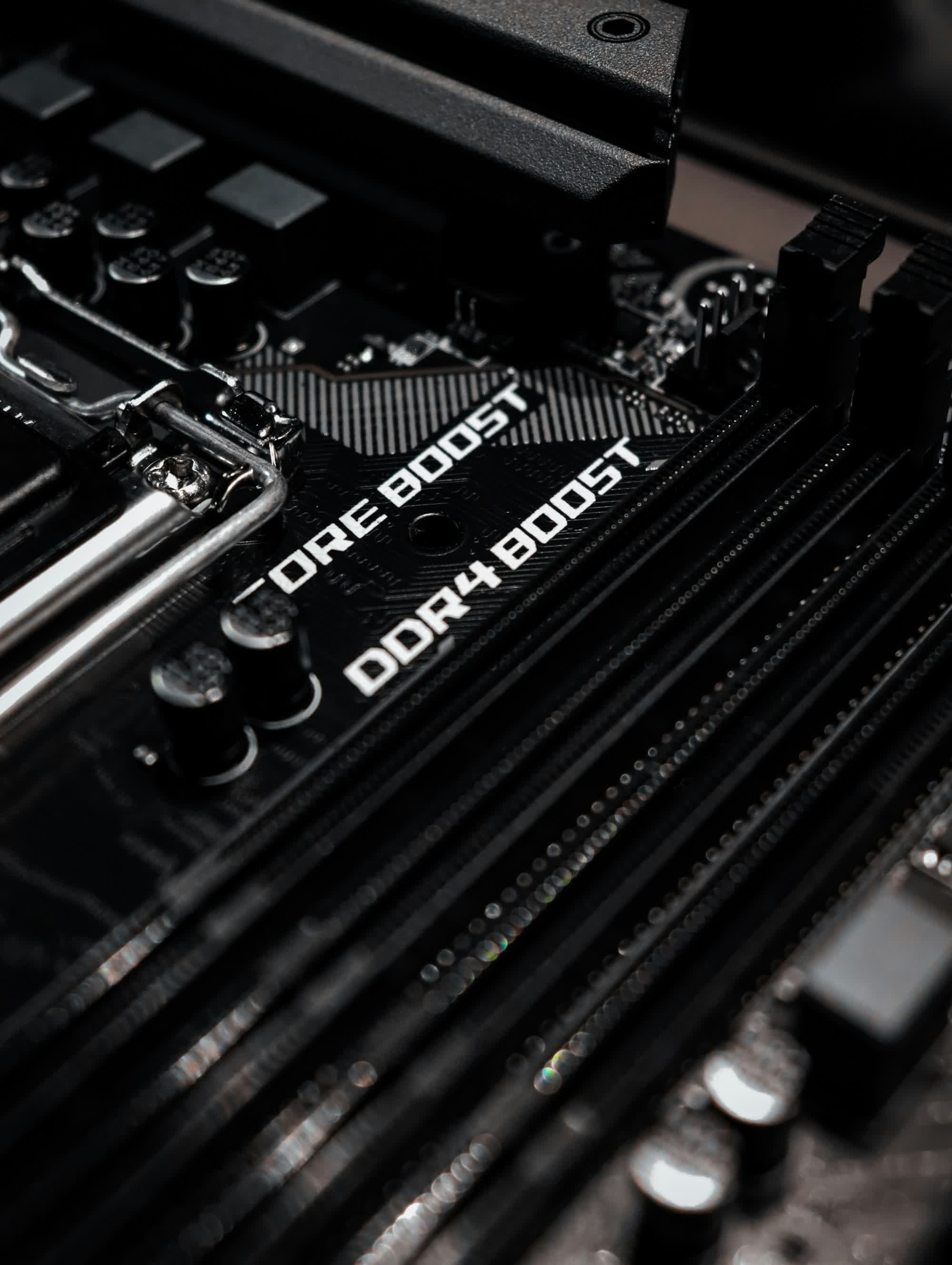In a nutshell: Another major memory maker is reportedly preparing to wind down production of DDR4 memory in the not-too-distant future. According to a recent report from DigiTimes, Chinese memory maker ChangXin Memory Technologies (CXMT) is on track to abandon DDR4 production for PCs and servers by mid-2026 – seemingly under order of the Chinese Communist Party.

The move is a bit surprising considering the company just started mass producing DDR4 modules late last year. The strategy appeared effective, too, as other leading memory makers including SK Hynix, Samsung, and Micron have reportedly finalized plans to end DDR3 and DDR4 production this year, partially in response.
With everyone moving on from DDR4, the focus has of course turned to what is next. For many, the answer is DDR5 and high-bandwidth memory (HBM) products. As Tom's Hardware highlights, China wants to be a leading player in artificial intelligence and cloud infrastructure, and having one of its top tech companies at the forefront of the movement would certainly help achieve that goal.
Nothing is official as of yet although given Beijing's influence, analysts expect CXMT to formally announce plans to discontinue DDR4 production as soon as the third quarter of this year.

With so many major players lowering production DDR4, it is no surprise that supply is drying up fast. According to Tom's Hardware, pricing on some 8 GB chips has jumped as much as 150 percent. With the shift, we may finally start to see DDR5 gain more meaningful traction – but it faces its own challenges.
Tom's Hardware notes that CXMT is still ironing out some kinks with its DDR5 chips. Apparently, some samples are experiencing instability once temperatures surpass the 60 degrees Celsius mark. For comparison, Samsung's DDR5 chips can reportedly operate at up to 85 C before heat becomes a bottleneck. It is also unclear how CXMT's DDR5 would hold up in frigid temperatures, although that likely would not be a concern for most users.
Image credit: Erik Gazi, Bader Majid
Beijing encourages top Chinese memory maker to abandon DDR4 manufacturing